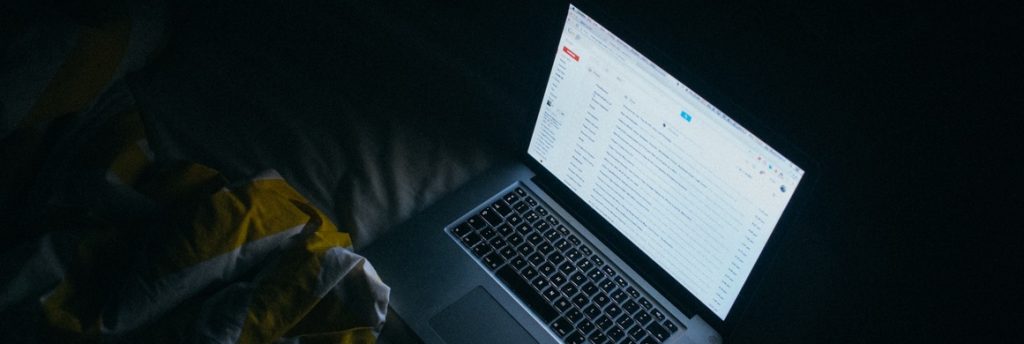Liuba Belkin, associate professor of management at Lehigh University’s College of Business and Economics, recently co-authored a study that could help MBAs as they decide how to achieve work/life balance in their careers.
Professor Belkin and her colleagues discovered through their research something that may not come as a huge surprise to many. There is a link between expectations of after-hours emailing and the phenomenon of ‘burnout’.
Work/family balance, among the vital aspects of individual well-being, is one of the first things to give way when managers expect a response to emails at off-hours. The article, entitled “Exhausted, but Unable to Disconnect: The ‘Impact of Email-related Organizational Expectations on Work-family Balance” focuses solely on the expectations around email.
The data that the group collected was aggregated from several hundred participants across a variety of organizations and industries. The largest percentages of participants were from finance and banking, composing fifteen percent of the total; eleven percent from technology, and eight percent from healthcare.
Belkin said, “If an organization perpetuates the ‘always on’ culture, it may prevent employees from fully disengaging from work eventually leading to chronic stress… Organizational expectations can steal employee resources even when actual time is not required because employees cannot fully separate from work.”
For managers who wish to avoid the inevitable burnout of these high after-hours expectations, the authors propose the practice of ‘email-free’ days. While it may be impossible to avoid the necessity of some after-hours communication, there may need to be the option of planned days where employees can recharge and achieve the necessary separation from the demands of their jobs. In other words, that Friday evening email about the reports due on Monday could have a much needed reprieve.
“By making descriptive and injunctive norms that emphasize balance between work and non-work domains salient, organizations should potentially decrease the email-related stress,” Belkin and her co-authors suggest.
